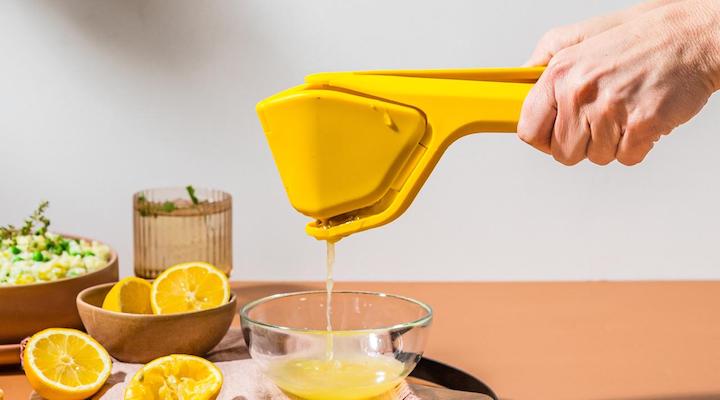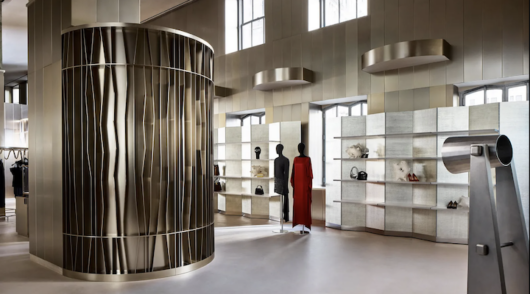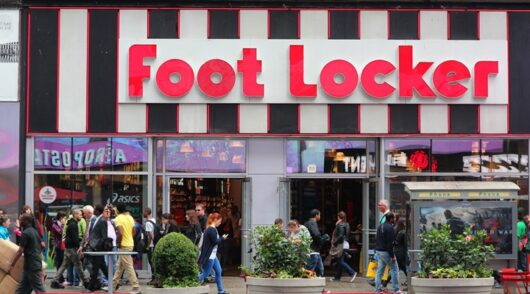Last week, a new addition to Kmart’s product range made Alex Gransbury rethink his approach to patenting. He was on a call with one of his Dreamfarm employees when he first heard that one of his inventions had been copied and pasted. For Gransbury, who has invented products in a MacGyver-like fashion for over 22 years, designing new products that are fit-for-purpose and exceed customer expectations. The Dreamfarm invention in question, which Anko allegedly duped, is its “Fluicer” –
�� – a flat juicer that comes in three different sizes for oranges, lemons, and limes, and corresponding colours.
The launch of the Fluicer was a game-changer for Dreamfarm and landed a spot on Time Magazine’s Best Inventions of 2023.
Anko’s “Folding Juicer” appears to be lime-sized in a yellow colourway, missing numerous functional features and is advertised as a lemon juicer.
“Our patent was protected for two years and then we had to decide if we were going to extend after that finished up in December – and then Anko’s version finally came out in January,” Gransbury, Dreamfarm CEO and founder, told Inside Retail.
“So isn’t that interesting? The timing is very suspicious but it would seem that someone did their homework and then brought their knockoff in as soon as the patent was no longer held,” he continued.
Inside Retail reached out to Kmart for comment after its “Flat Juicer” dupe went viral and the quick turnaround between Dreamfarm’s patent expiring and Kmart’s product drop.
“Our merchandise team is focused on creating curated ranges that align back to global trends, enabling us to provide our customers with great products at the lowest possible price,” a Kmart spokesperson told Inside Retail.
“Our merchandise process also ensures we conduct thorough checks during the product ranging and development process, to ensure we are not infringing the rights of others.”
The advent of dupe culture has called into question the value of inventing and the worth of patents for many entrepreneurs in retail.
Inventor versus corporation
Dreamfarm has now brought over 60 products to market – each designed to transform consumers’ experience in their kitchen – but it was after product four that Gransbury changed his patent strategy.
“Our litmus test used to be if we could get a patent for the idea, and if we couldn’t then it wasn’t unique enough,” shared Gransbury.
“I was spending so much money on patents, I thought ‘What am I doing? I can’t afford this’ – because the sad thing about the patent system is it’s only worth the money of the pages it’s printed on if you have means to be able to go and defend it,” he added.
Gransbury recalled an instance where he did follow through on enforcing his patent infringement which resulted in him spending $30,000 in legal and destruction fees to only recoup $8000 in profits.
However, Amazon’s seller guidelines have encouraged Dreamfarm and other innovation-first brands to start patenting their products once again.
“Amazon, as a platform, does a great job of taking down counterfeit goods – they want you to go on to Amazon and be really confident that you’re getting legitimate products, not some fake thing,” explained Gransbury.
“If you can prove that someone’s copied your idea or that they are using your images to promote their product, you can get it taken down pretty quickly now,” he followed.
It appears that despite the latest dupe incident with Anko, Gransbury remains in two minds about when and where to patent his creations.
“You’ve got to ask yourself as well, ‘What is your core business?’. We’re in the business of designing and inventing the next greatest ‘yada yada’ and then marketing that to the world. We’re not in the business of going to court,” Gransbury said.
“I don’t know what the solution is but from our point of view, I think we’ll have another look at our patent strategy moving forward,” he concluded.







